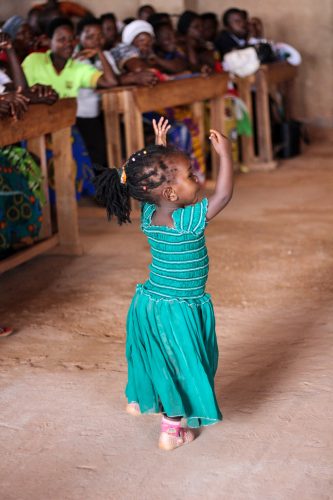
Observation is a very important skill needed among teachers. Observation gives us first-hand knowledge about the student – their behaviour, mindset, attitude and interest. The stronger your observation skill, the better your chance of developing an understanding of your student’s action. Then you can plan the best ways on how to help them improve their dancing more effectively.
First of all, the teacher should maintain a visual contact in all corners of the class. They should notice the change in the environment, gauge learning and switch directions based on the mood and atmosphere of their classroom. Different students learn differently and might interpret your explanations differently too, therefore they will have different sets of difficulties to overcome. Observation provides you with the crucial feedback necessary to assess your own effectiveness as a teacher.
So how do you go about developing your observation skills? You can start with taking time each day to study your surroundings. Engage not only your sight but also your other senses. A strong observer will notice, analyse and remember their surroundings using all five senses. Here’s how you can practise every day:
Increasing your awareness
Instead of listening to music on your commute, describe your surroundings. You can probably notice the group of school children at the back of the bus, the musty smell, the breeze coming from an open window two seats behind you. Or when you’re walking through a neighbourhood, try to observe something and try to quantify what you notice. For example, instead of “I saw some kids playing in the park”, you might say “I saw four boys playing with one ball in the park”.
Improving your memory
Download a brain game app, the ones that can help you improve your memory, such as Lumosity or Brain Fitness Pro and many others. Or recall details after you observe something. For example, after studying a portrait, try to recall what the person is wearing, the surroundings they are in and any other objects around them.
Engaging your senses
Practise to identify any strange sounds or smells. When you eat, try to notice the different flavours of what you’re eating, its texture, and if it has an aftertaste. Also practise feeling objects with your eyes closed to improve your sense of touch.
With daily practice, your power of observation may become stronger within a few weeks.
Applying your now heightened observation skills to the dance teaching context, for example you’ll now be able to use your ears to listen to your students’ timing, by their foot-strike on the floor. You can now describe a measure of their physical abilities by watching their step size, knee and hip actions. You can also feel their balance and orientation through the hands. You can even notice change of general mood in the class from having a good peripheral vision.
Observation is the essential skill which determines the effectiveness of the other skills that follow. Hence this is the very foundation of good teaching.